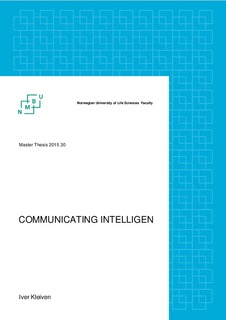| dc.description.abstract | This thesis examines how intelligence works as an element in international politics and diplomacy, and how it affects outcomes in state-actor conflicts in the international system. By looking at the discourse between Russia and the US following the chemical weapons attacks in Ghouta, Syria, in August 2013, the role of intelligence in political communications becomes clear. Intelligence in communications must be seen as something different than strategic and military intelligence. In
terms of policy-makers’ public discourse, intelligence is rather a claim to truth, a device in order to convince others of the validity of the policy-maker’s argument. Herein also lies the problem, namely that the strategic importance of intelligence prohibits its full disclosure to the public, thereby denying the public any opportunity to assess the validity of the claim. In this thesis, both official government communications as well as communication that was reported in global media outlets have been analysed using critical discourse analysis in order to clarify the arguments and
what was communicated as facts and reality by the two state-actors. While both sides allegedly possessed contrasting intelligence pointing to different perpetrators of the attacks, they were still able to gradually align their viewpoints and reach an agreement without either of them having to compromise on their perception of reality. Their original communication – always based on intelligence, according to them – was never dismissed as fiction nor proved as fact. This thesis argues from a constructivist perspective that the US and Russia operated in structures purely of their
own making. This shows that intelligence as a device in political communication, in a state-level capacity, has the power to influence and even create the premises for which social interaction between states can be built. | nb_NO |
